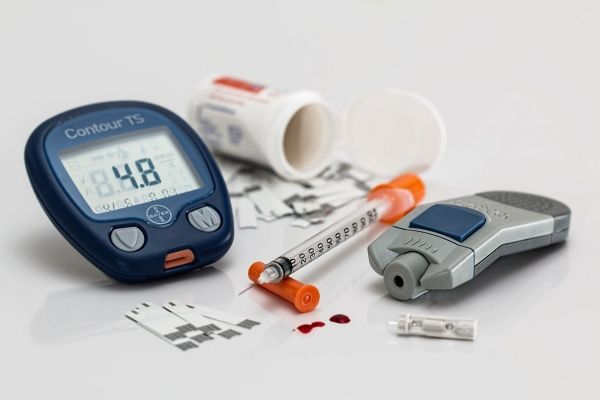For those trying to live a healthy lifestyle, the choice between sugar and artificial sweeteners can be confusing.
For those trying to live a healthy lifestyle, the choice between sugar and artificial sweeteners can be confusing. A new study by researchers at The Ohio State University Wexner Medical Center offers some clarity on the safety of artificial sweeteners like saccharin for healthy adults. The study found the sugar substitute saccharin doesn’t lead to diabetes in healthy adults as previous studies have suggested. The study findings are published in the journal Microbiome.
“It’s not that the findings of previous studies are wrong, they just didn’t control for things like underlying health conditions, diet choices and lifestyle habits,” said George Kyriazis, PhD, assistant professor of biological chemistry and pharmacology at Ohio State and co-author of the study. “By studying the artificial sweetener saccharin in healthy adults, we have isolated its effects and found no change in participants’ gut microbiome or their metabolic profiles.”
In the study, healthy participants were given the maximum recommended amount of saccharin every day for two weeks, which is far more than the average consumer would use. They also tested the effects of saccharin in mice with the same results: the artificial sweetener did not cause any biological changes or cause any adverse health effects.
Read more at The Ohio State University Wexner Medical Center
Image by Steve Buissinne from Pixabay




